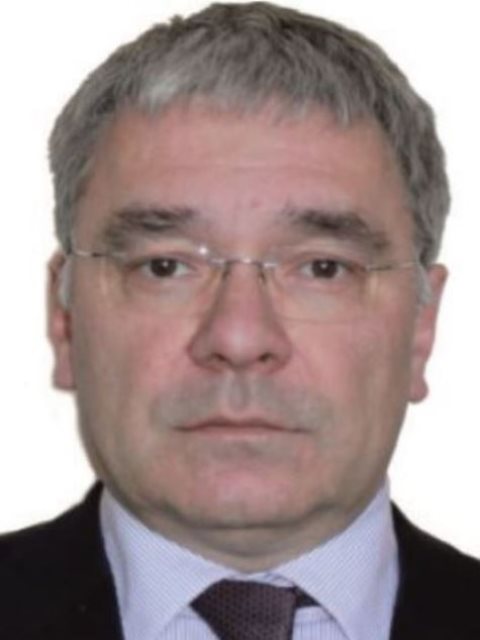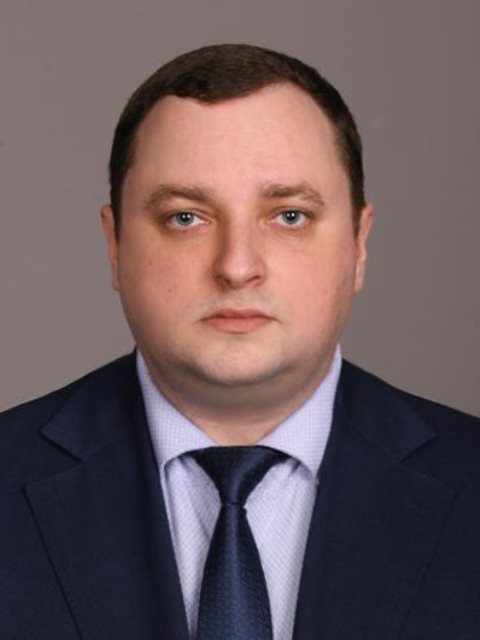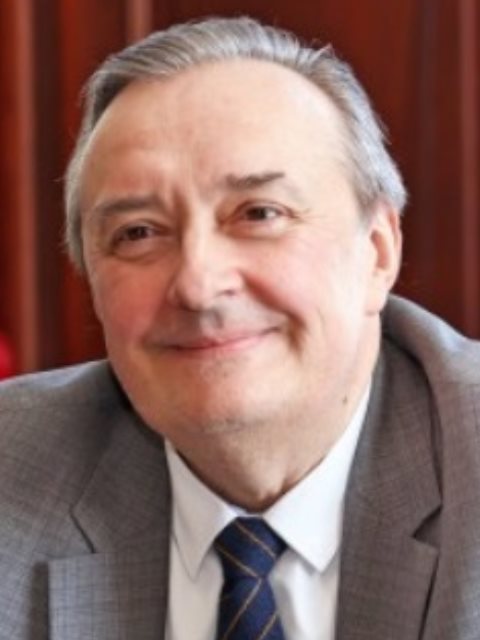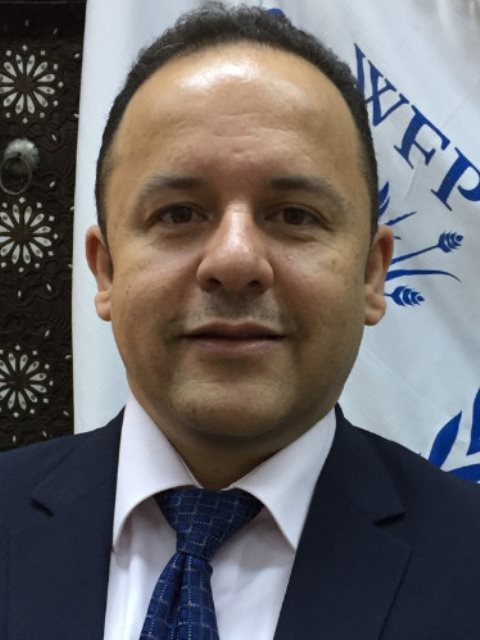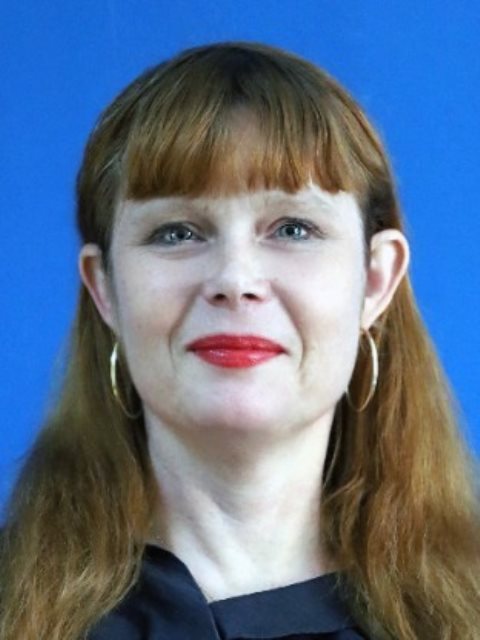Social Support Projects for the Population as Drivers of Economic Development
Since the late 1990s, the Russian Federation has continuously provided humanitarian assistance to countries in need, including through contributions to international organizations. The UN World Food Programme, the Food and Agriculture Organization of the UN (FAO), and several others have been valuable partners in our country's humanitarian efforts for many years. Over time, Russia-funded humanitarian projects have evolved into comprehensive programmes aimed at ensuring food security for vulnerable populations. Only a few leading donor countries can claim that within just 10 years of working in a recipient country, externally managed and financed programmes have transitioned to the control and funding of the national government. This is exactly what Russia has been able to achieve in Armenia and Tajikistan, where World Food Programme school meal projects are gradually being transformed into national school meal programmes. One distinguishing feature of Russia's approach is the significance attached to the concept of school meals itself. In addition to the provision of food, it encompasses a range of interconnected objectives in various sectors of the economy. This makes school meal programs a comprehensive solution to multiple challenges. They not only alleviate poverty and promote health but also enhance educational attainment, stimulate rural development, and bolster local agricultural production. The key to solving all these problems is a plate of school breakfast or lunch. How did Russia transition from basic humanitarian programmes to extensive school meal development projects? Which projects, through bilateral channels, supplement the cooperation with the World Food Programme? What Sustainable Development Goals can be achieved by implementing an intelligent and integrated approach to school meal programmes? What development objectives do school meal programmes in Armenia, Tajikistan and Uzbekistan solve? What contributions can Russia provide to its partners in terms of ensuring food security for vulnerable populations?
Moderator
Vladimir Chernigov,
President, Institute of Industry Nutrition
Panellists
Denis Gribov,
Deputy Minister of Education of the Russian Federation
Oleg Kobyakov,
Director, Liaison Office with the Russian Federation, Food and Agriculture Organization of the United Nations (FAO)
Satenik Mkrtchan,
Director, School Feeding and Child Welfare Agency of Armenia
Adham Musallam,
Representative, Country Director, United Nations World Food Programme in the Republic of Tajikistan
Kojiro Nakai,
Country Director, United Nations World Food Program (Kyrgyzstan)
Nanna Skau,
Country Director, United Nations World Food Program in the Republic of Armenia




